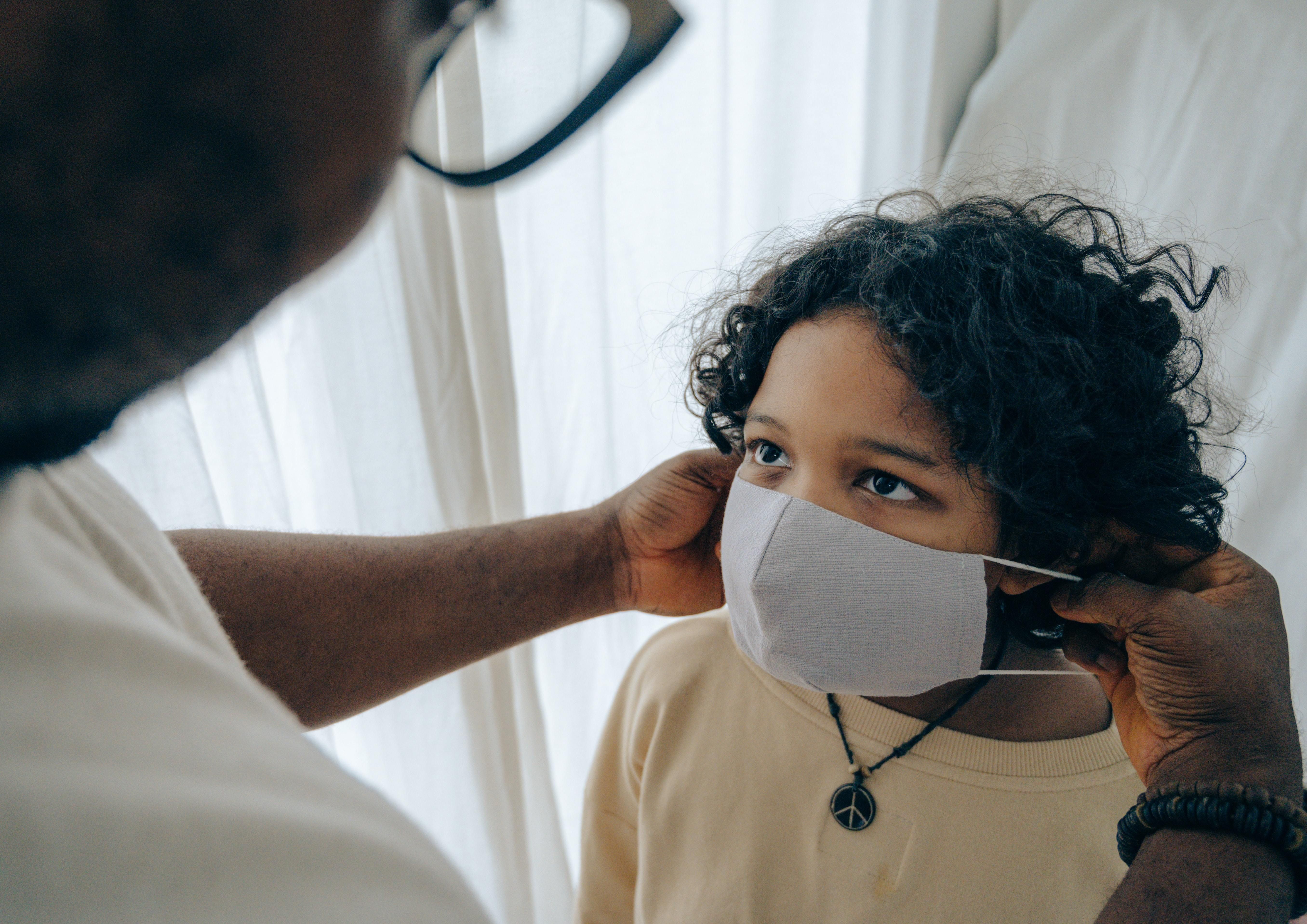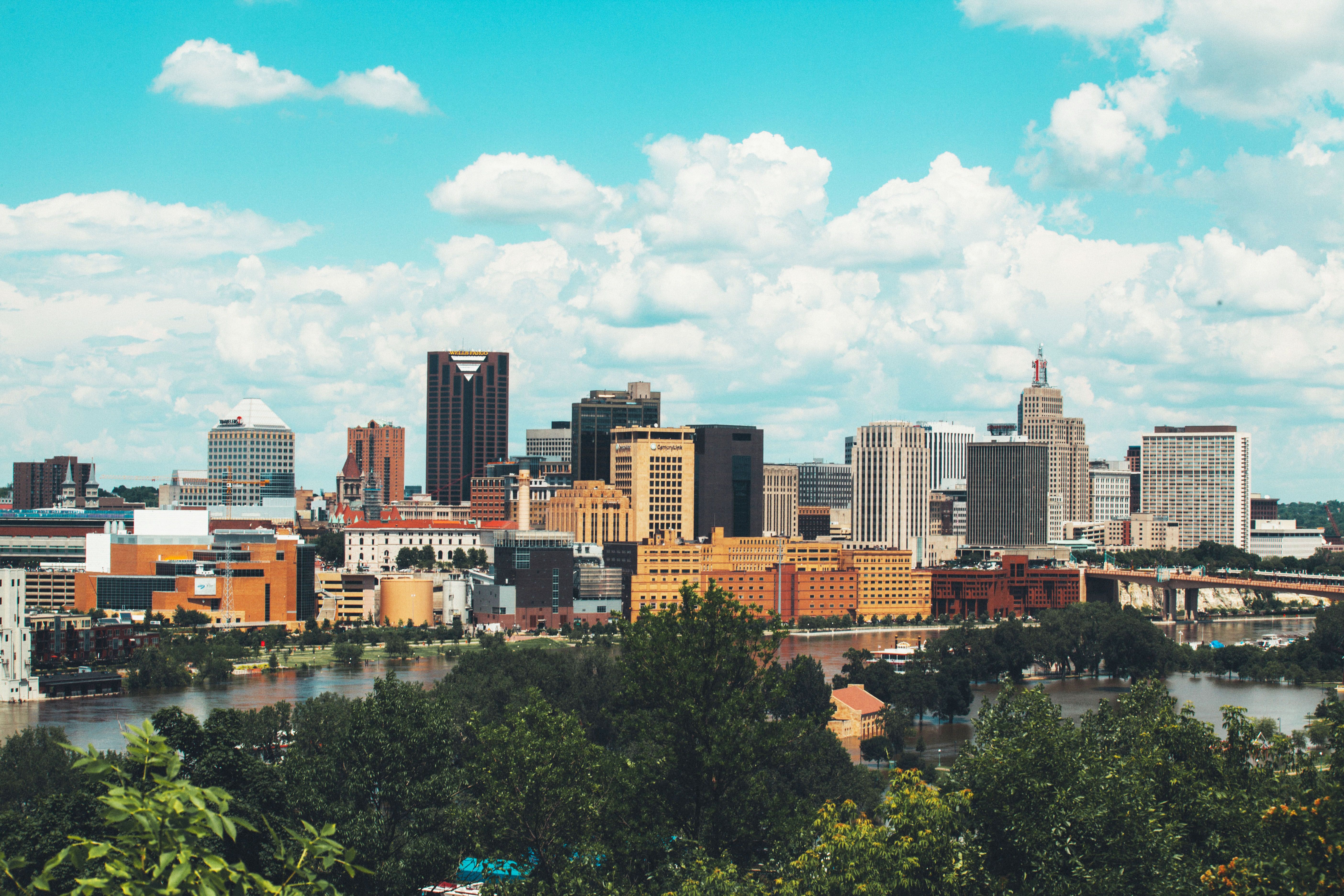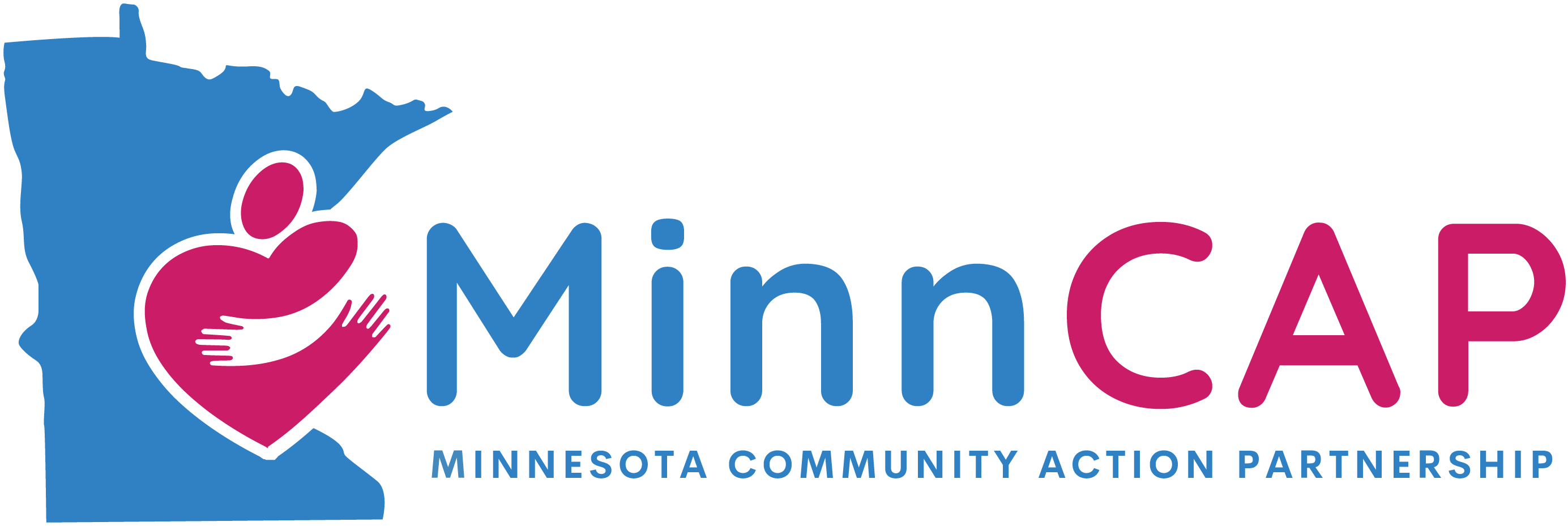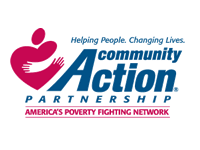
As the US Senate and House of Representatives continue to wrangle at the “eleventh hour” over a second coronavirus relief package, new data from several sources reveals just how devastating the effect of the COVID-19 pandemic has been on America’s children.
There has been a lot of discussion on how remote learning has negatively impacted the social, emotional, and academic development of students, particularly among low-income and children of color. But the weight of this pandemic has wreaked havoc in the lives of our youngest citizens in a multitude of other ways. A recent report from NBC News cites significant increases in food insecurity, mental health issues, housing instability and homelessness, and additional traumas. Many experts have likened the extreme toll from the coronavirus on the health and wellness of our kids to that of natural disaster. Barbara Duffield, executive director of the Washington, DC-based School House Connection states:
"If we fail to address this, we’re just compounding trauma. We’re compounding loss. A student who is homeless, who has a disability, who has been traumatized by the racial violence we’ve seen this year, and then to be disconnected from arguably the only universal support system is disastrous. It means higher rates of suicide. Higher rates of depression, addiction, mental illness and physical disability, particularly for young children who are growing and developing right now. They’ll face more developmental delays leading to deficits in their education as they grow."
Consequently, according to Billy Shore, co-founder and CEO of the anti-hunger organization Share Our Strength, “We’re going to almost need a New Deal for an entire generation of kids to give them the opportunity to catch up.” While America waits desperately for a new stimulus package, amid the backdrop of a potential government shutdown at that, we must demand more of our leaders and make sure that work toward that New Deal for our children that Mr. Shore speaks of starting in 2021 and beyond.









